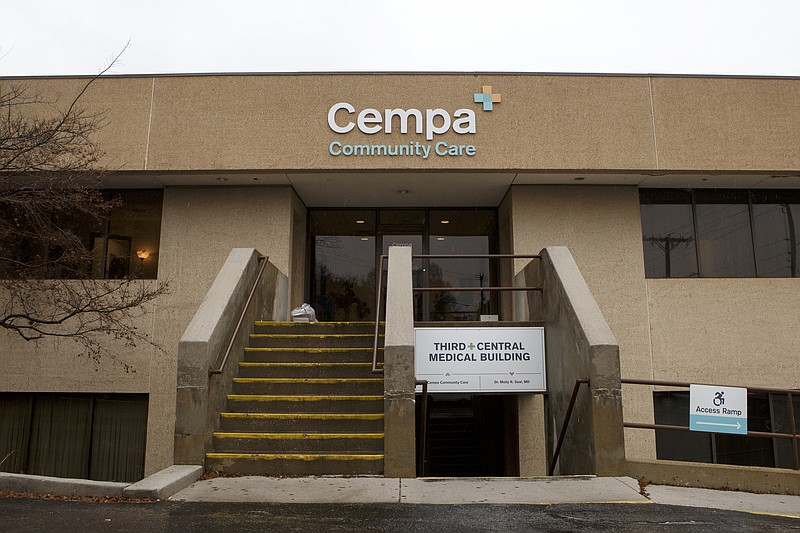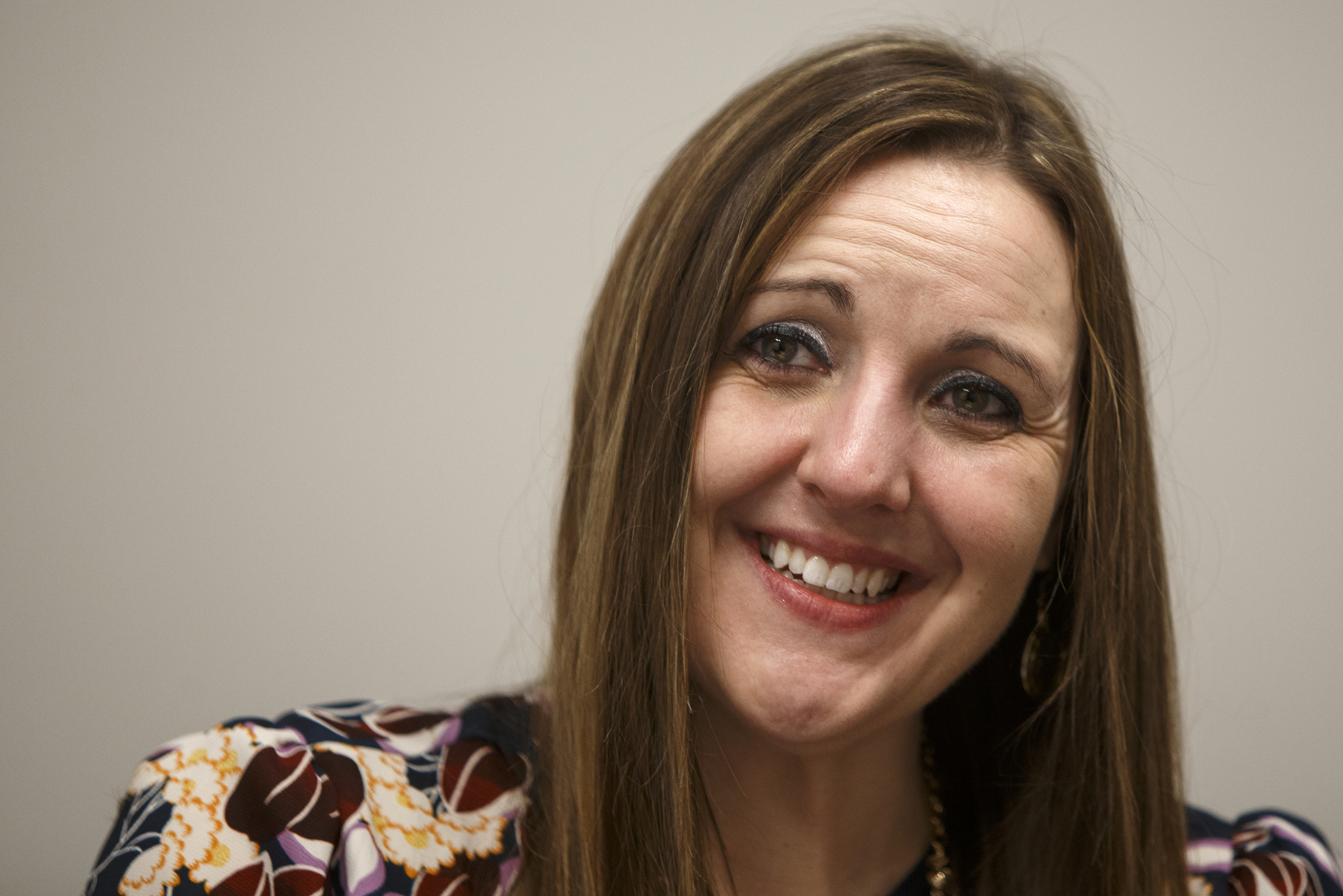What's in a name?
A lot, said Shannon Stephenson.
As the CEO of Cempa Community Care, Stephenson has overseen the name change and rebranding of the former Chattanooga CARES, the nonprofit health care organization leading the charge against HIV in Chattanooga since the height of the 1980s AIDS epidemic.
A rebrand is about more than just giving the organization a fresh look, though, Stephenson said; the new name better reflects the company's expansion of services, which in the early days revolved around HIV/AIDS testing and education. Now, Cempa offers additional free STD testing, quicker results, free treatment and support services to anyone age 15 and over, as well as operating a syringe exchange program.
"Our organization has done such a great job at combating the HIV epidemic — we have the infectious disease doctors on staff, and we provide that specialty, extra level of care — that we also wanted to be the champions for other causes," Stephenson said, adding that the word "Cempa" comes from the old English word for champion.
Cempa's evolution came naturally with medical advancements and as patients' needs changed, she said. For example, between 10 and 15 percent of the patients who test positive for HIV also test positive for hepatitis C, which unlike HIV is now curable. So, the organization started offering medication to treat hepatitis C.
There are also new drugs that suppress HIV to the point it's undetectable and ones for high-risk individuals that can significantly reduce the chance of contracting the virus.
"If you are HIV positive and you are virally suppressed [taking medicine every single day], your viral load can be 'undetectable' — which also means that per the CDC's guidelines, you cannot transmit the virus to others," Stephenson said. "That's huge, and a message we really need to get out."
Since taking your medicine every day is essential but often challenging, she said the organization started offering transportation, housing and nutrition assistance: "If they don't have a roof over their head, how can you convince somebody to take medicine?"
HIV and other STD testing at Cempa is still free, but now it's done without drawing blood — eliminating a common aversion to getting tested — and results are ready in 20 minutes. People who test positive leave that day on medication, which means HIV viral loads are suppressed sooner, further helping to prevent disease spread and removing the barrier of having to take multiple trips to the clinic. They're also given access to free primary care, case management and behavioral health services.
Thanks to improved medical care, a HIV diagnosis in the United States is no longer a death sentence, because the virus rarely reaches its final stage: AIDS. So, the old name Chattanooga CARES — which stood for Council on AIDS, Resources, Education and Support — was outdated, Stephenson said.
Despite Cempa's successes, she said many challenges still remain, such as reaching the minority communities that are disproportionately impacted by HIV. In Tennessee, 16 percent of the population is black, yet black people account for 56 percent of all new HIV diagnoses.
In order to sharpen the focus on serving minorities, Stephenson brought on former educator LaDarius Price as community outreach manager.
"You just can't assume that you know what's best for that community, and so he has been instrumental in helping us drive our focus on where we need to go and how we need to get there," she said.
Price has been working with the school system to provide age-appropropriate health education and is helping to establish a new Faith-based Health and Wellness Council.
"We need to take a step back and really look at our minorities and how they're being affected by the things that are out here that we're providing services for," Price said. "When you're talking about preventative care, you have to start on the front end, and you have to start equipping young people at a school-aged level."
Contact staff writer Elizabeth Fite at efite@timesfreepress.com or 423-757-6673.


